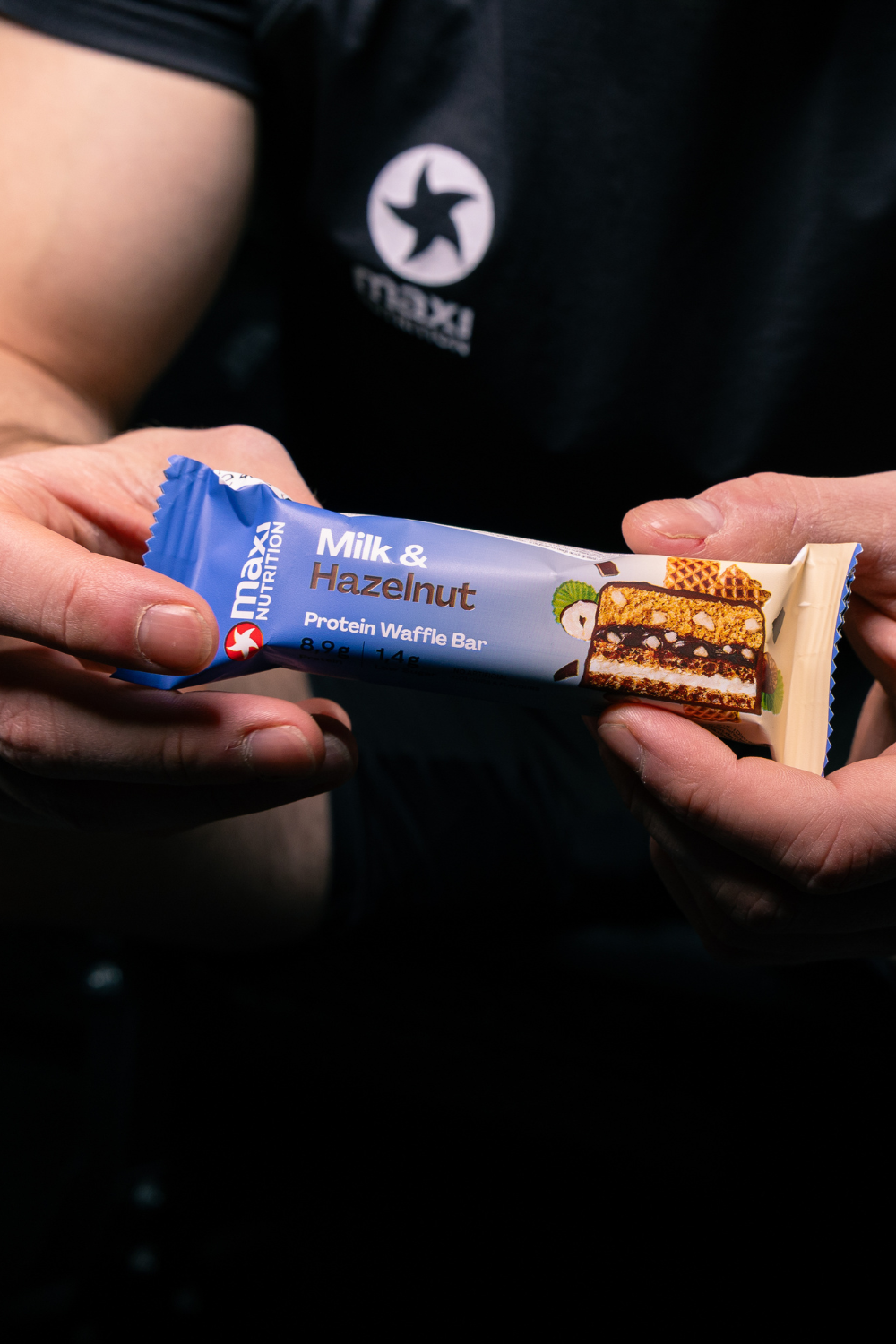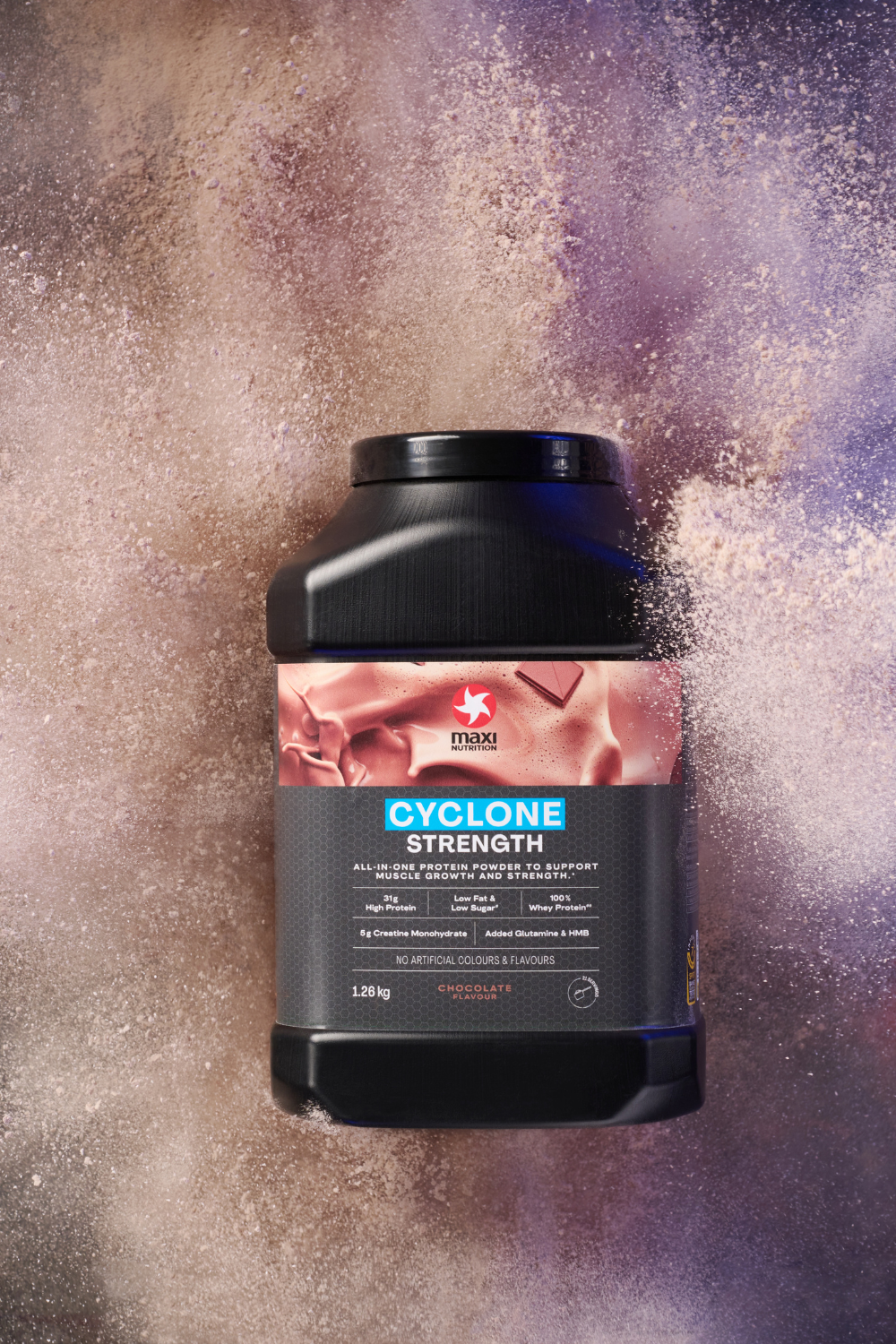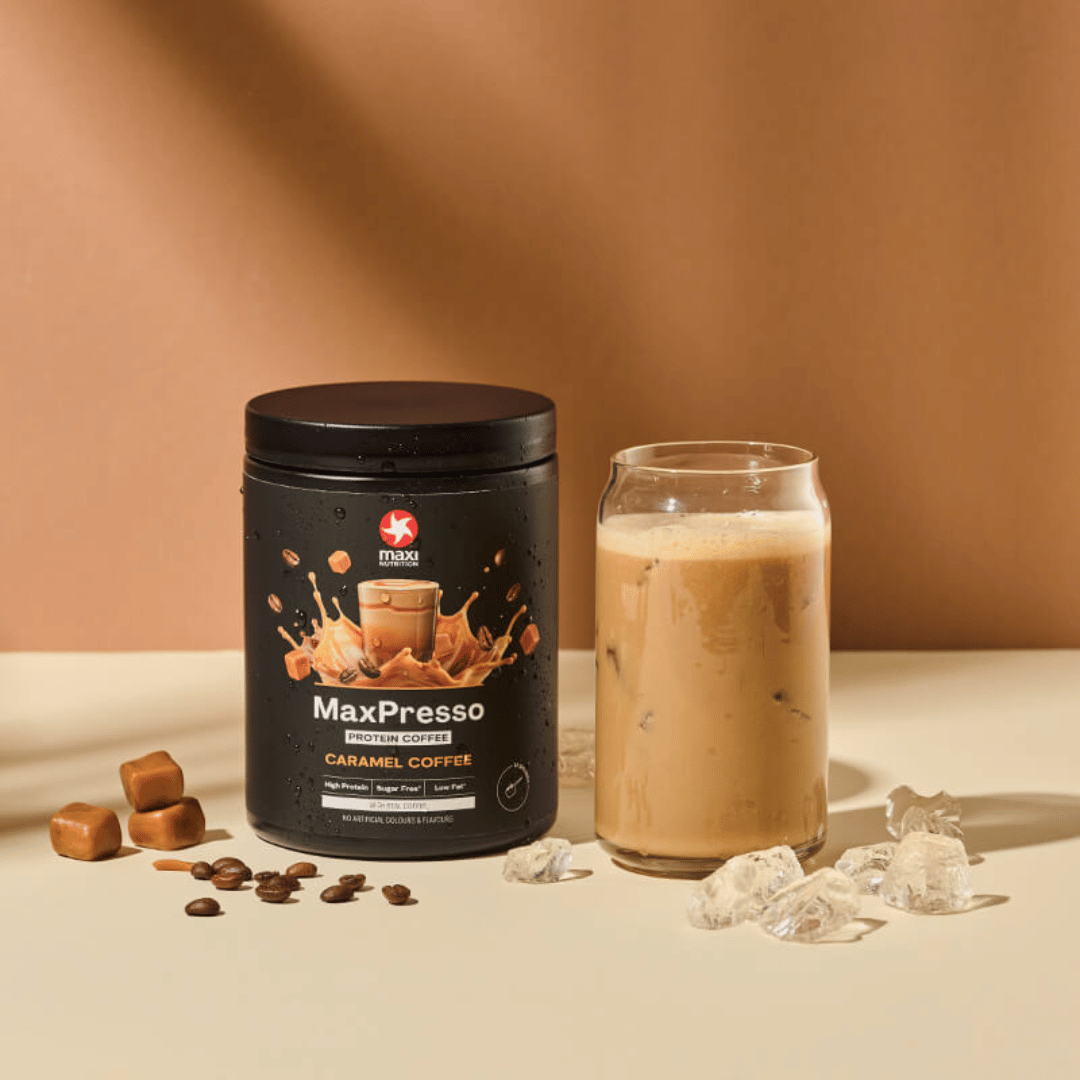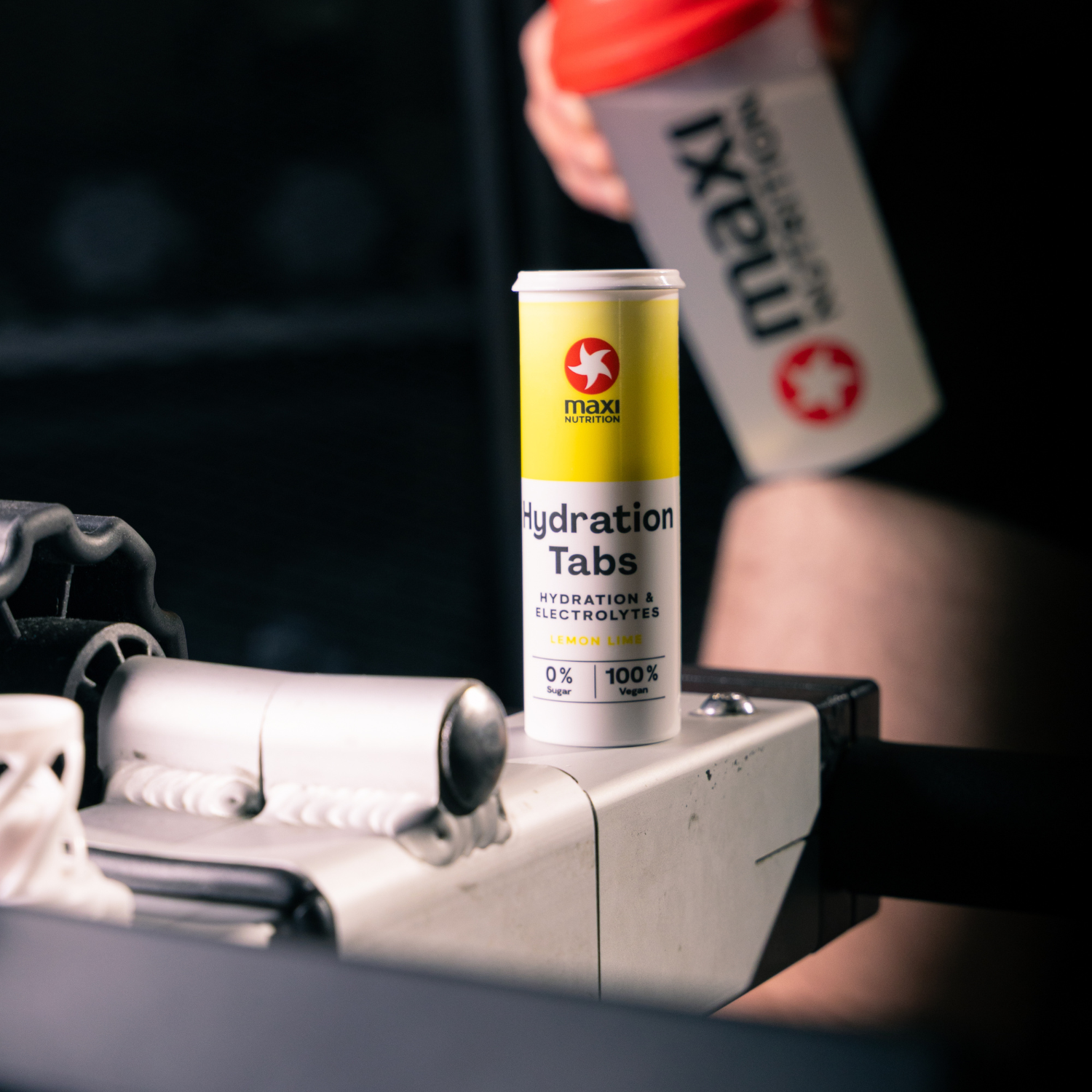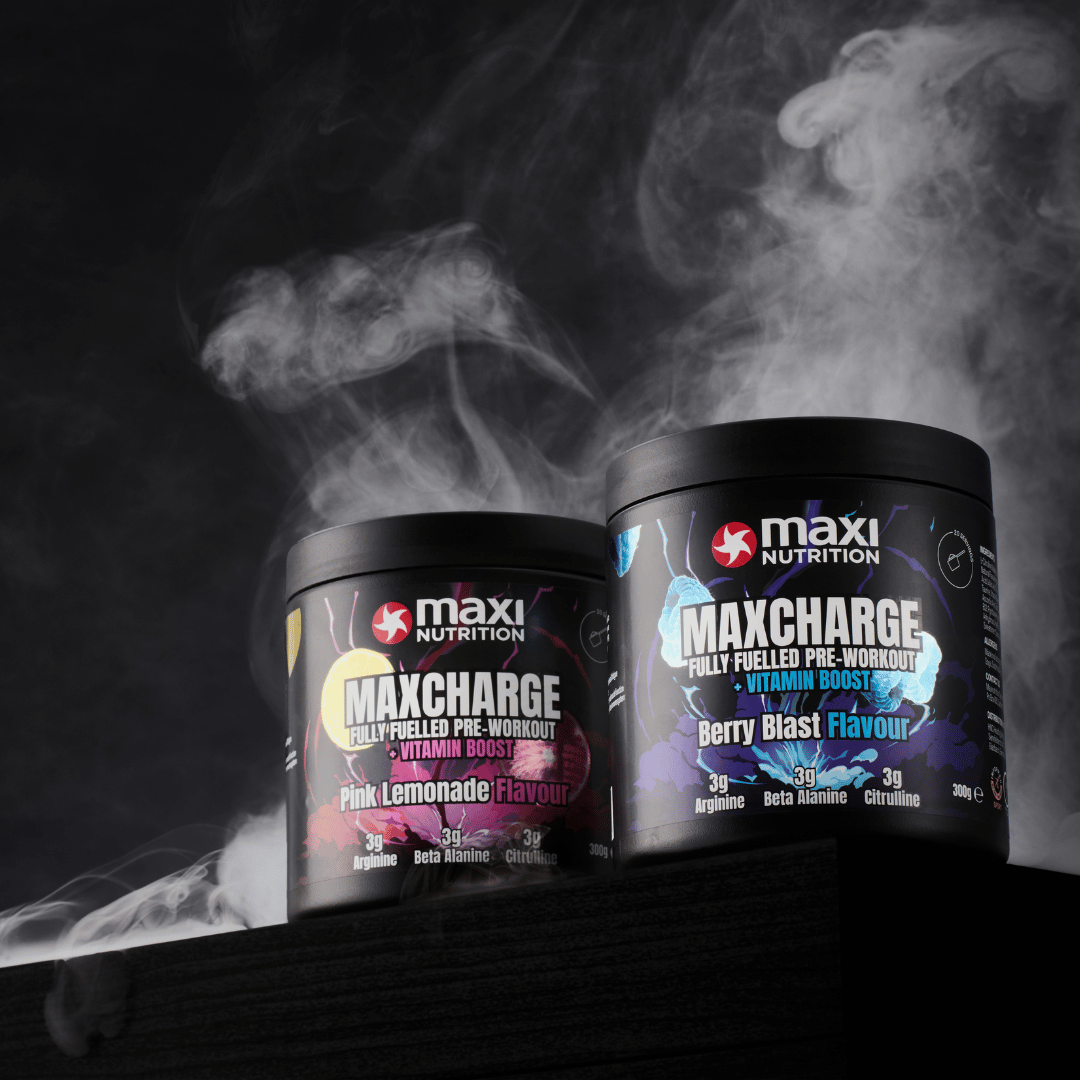Eating for Exercise
Knowing what foods to eat for an active life starts with eating a healthy balanced diet and then tweaking it for the activity or sport you’re participating in. Consuming a balanced nutrient intake will help when trying to achieve your goal of a better physique or improving your performance.
The question is how do you consume the correct foods to provide your body with a balanced level of nutrients and which ones become important for exercise? We’re on hand with a healthy food guide to optimise your exercise.
When considering a healthy balanced diet it’s important to balance your food portion sizes in each meal. Protein portions (chicken, beef and fish) should be palm-sized, with your complex carbohydrates (wholemeal pasta, wild rice and sweet potatoes) vegetables and fruit portions being about a fist size. Items that are high in saturated fats such as red meat, fatty poultry and high-fat dairy products should be reduced or used in small amounts of roughly a thumb tip. For instance items like cheese, sauces and peanut butter just use an amount the size of your thumb.
Use the following guidelines to help you further improve your diet:
- Spread your daily intake of food over 5/6 regularly spaced meals/snacks
- Include fresh vegetables and fruit in the diet every day.
- Include protein sources with each meal/snack.
- Reduce foods providing empty calories i.e. sweets and chocolate.
- Increase your water consumption, try between 2-3 litres of water per day.
- Alcohol has dehydrating effects and provides empty calories, so minimise intake.
When it comes to a healthy food guide for exercise, carbohydrate and protein are the most important. Carbohydrates are stored as glycogen (energy) in the muscles, where storage is small and so a regular intake keeps them topped up. Protein on the other hand is not stored in your body, but you still need to consume it each day as it supports the maintenance and growth of muscle tissue.
To get the most out of your exercise spilt your nutrition into 3 stages, before, during and afterwards.
BEFORE
Aim to consume a high carbohydrate meal 3-4 hours before exercise of between 1-4g per kg of your body weight.
DURING
Aim for an intake of between 30-60g of carbohydrate per hour of exercise if duration is greater than 60 minutes.
AFTER
Aim for up to 1g of carbohydrate per kg of your body weight and 20-40g of protein.
Using a healthy diet combined with the nutrients to support you before, during and after exercise. Whether that’s aiming for a personal best, beating your local rivals or doing any event for the first time, feed your body and be at your best for every activity you take on.


